Código 1530 Rosa Tequila
$58.99
About Código 1530 Rosa Tequila
All Código 1530 Tequila expressions are made from 100% Blue Weber agave. After the agave have matured for seven to ten years, they are harvested and cooked in stainless steel ovens, where they are fermented using an organic baker’s yeast. The agave spirit is twice distilled through handmade stills. The blanco production takes place over a period of 17-days. Código 1530 Rosa, is their Blanco, rested for 1 month in uncharred Napa Cabernet French White Oak barrels. They leave the barrels uncharred, allowing the Cabernet to interact directly with the tequila yielding a subtle pink hue and a light floral finish. Bottled at 40% ABV.
Get your bottle today!
About Código 1530
For generations, Codigo 1530 Tequila remained a closely-guarded secret among Los Bajos’ finest jimadores. The recipe for Código 1530 has been passed down and perfected for generations. The tequila is crafted using the time-honored customs and traditions of the Los Bajos region as well as the town of Amatitán, the birthplace of Tequila. Código 1530 is named after “Los Códigos,” the pre-colonial old world codes and customs that shaped the town of Amatitán and the Los Bajos region.
Once known as the El Tequila Privado, “the private Tequila,” the label has been introduced to the world for the very first time in 2016 by Federico “Fede” Vaughan, CEO & Co-Founder of Código 1530 and honorary custodian of its private recipe, and Co-Founder and Executive Chairman Ron Snyder, a longtime friend of Federico and seasoned business executive.
The Código 1530 range includes a Blanco, Reposado, Añejo, an Extra Añejo Tequila, and a Rosa.
About Tequila
Although tequila has developed a bad reputation, there’s more to the spirit than just shots on a Saturday night.
This traditional Mexican drink origins in the state of Jalisco when according to a local legend, lightning struck an agave cactus before the Nahua tribe drank its warm nectar. Behold, tequila.
Legally, tequila has to be made of 51% of Blue agave around the Jalisco region in Mexico. There are different types of tequila according to age – from the youngest representatives, blanco, reposado, and añejo, to the oldest extra añejo.

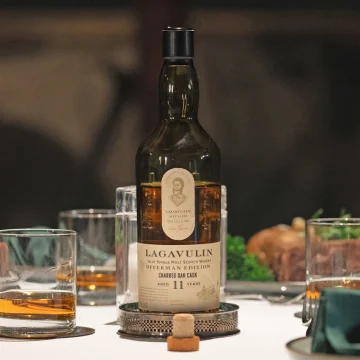
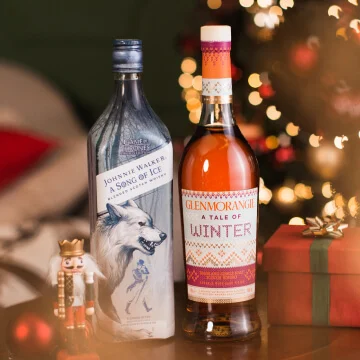





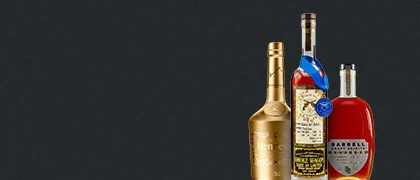

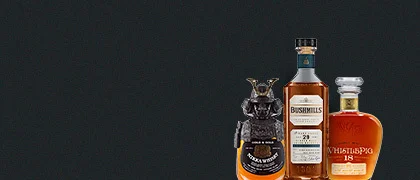

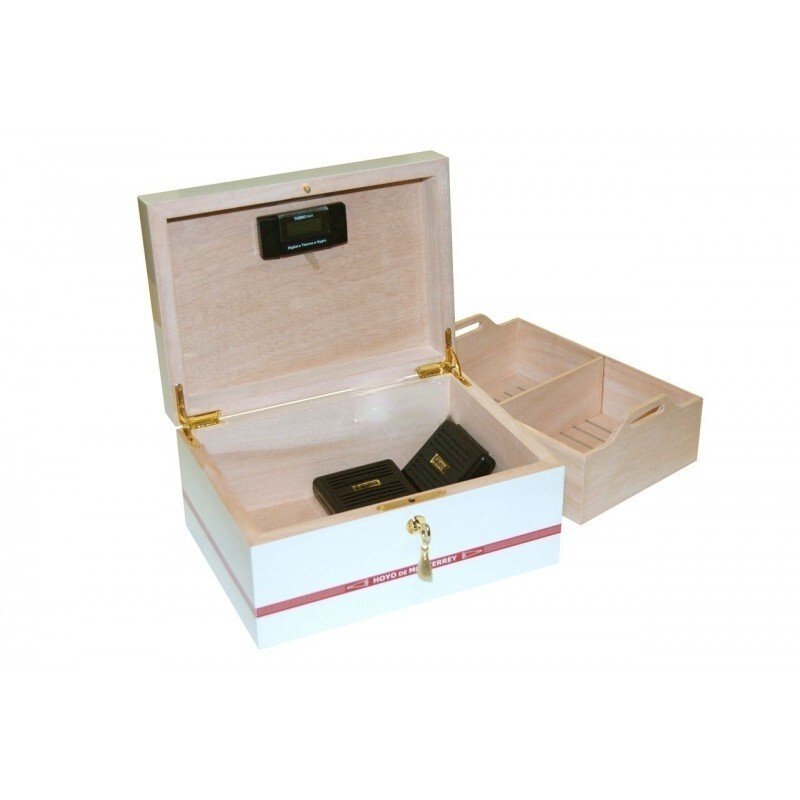
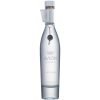
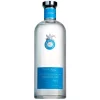
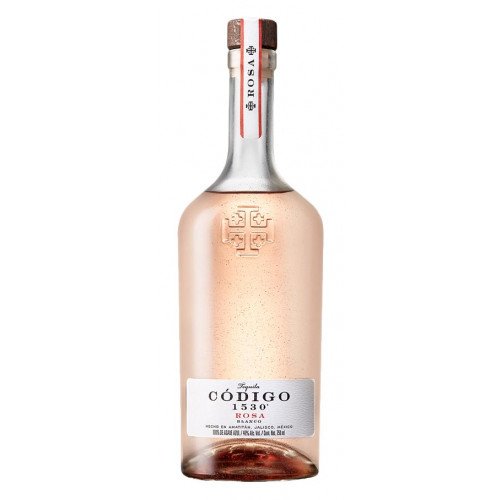
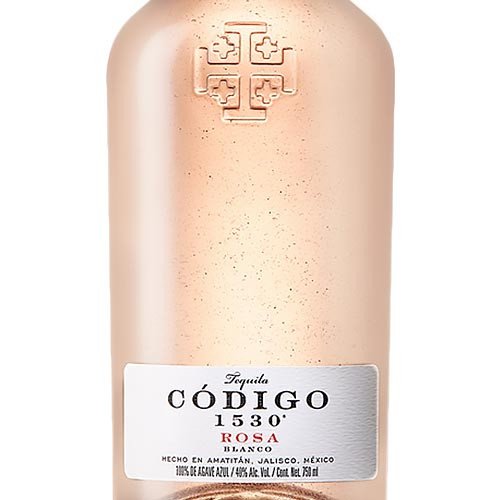
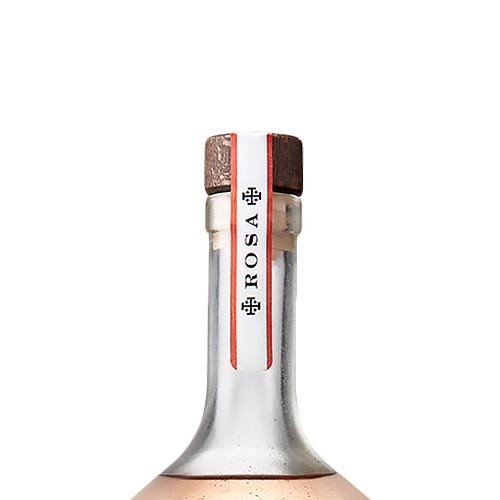
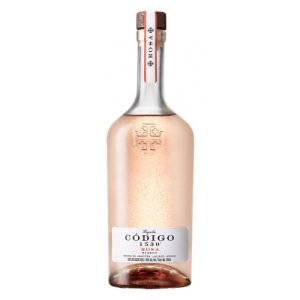
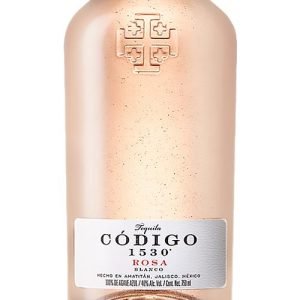
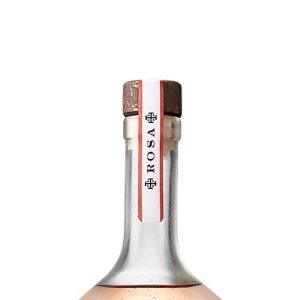
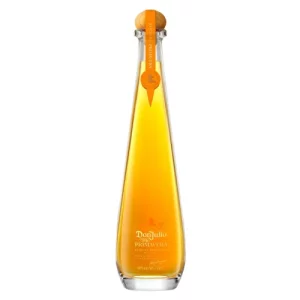

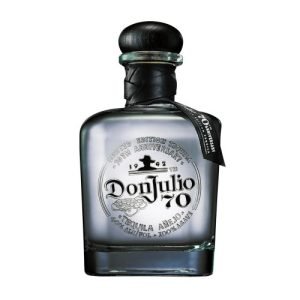



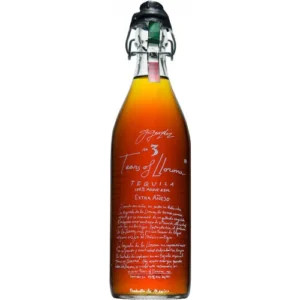
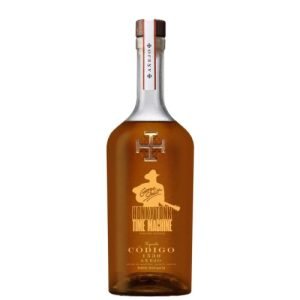
Reviews
There are no reviews yet.